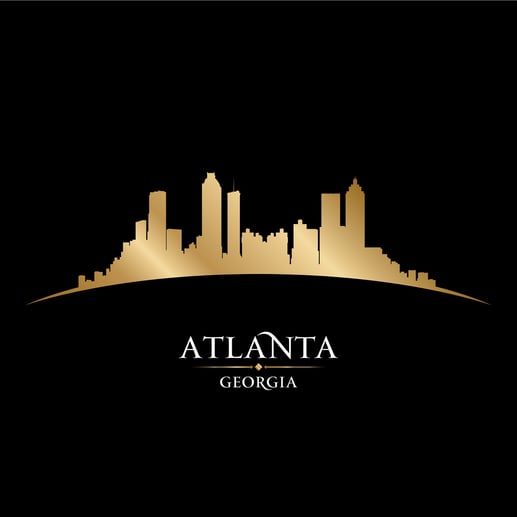One of the venues to file an appeal of property taxes is the Board of Equalization (BOE), aside from the hearing officer, arbitration, and Superior Court. But many property owners and taxpayers have little knowledge about the composition, roles, and responsibilities of the BOE in the appeal process. This is such a shame considering that the BOE plays important functions.

Here are a few of the most important things about the BOE that you, as a property owner and taxpayer, should know. Your tax consultant can provide more information as well as tips and tricks in dealing with this body and, thus, in increasing your chances for a winning appeal at this stage. Bear in mind, too, that these things pertain in particular to all counties in the State of Georgia.
An Independent Body from the Assessors’ Office
The BOE was formerly under the jurisdiction of the Tax Assessors’ Office. But in 2010, then-Governor Perdue passed and signed into law Senate Bill 346 that removed the BOE from under the Tax Assessors’ Office. The removal of which was the result of an apparent conflict of interest between the two bodies.
At present, the responsibility for the supervision and oversight over the BOE is with the Clerk of the Superior Court. Such transfer of responsibility came into effect on January 1, 2011.
Under the rules of the Official Code of Georgia, the members of the Board are appointed by a Grand Jury for a 3-year term. The qualifications for being a member include:
- Must own real property in thecounty
- Must be at least a high school graduate
- Must not be a member of a board of tax assessors or an employee in the tax assessor’s office, or a tax appraiser for the county (i.e., to avoid conflict of interest)
- Must not be a member of any governing authority of a local government or a consolidated government
Indeed, the BOE exercises its roles and responsibilities as an independent body. If you want to win an appeal of property taxes, you’re well-advised to respect it as such. After all, respect is a good foundation for a professional relationship – and it applies to assessment appeals.
A Set of Rules and Regulations
As an independent body in the appeals process, the BOE has its own set of relevant rules and regulations. You, the property owner and taxpayer, should have a basic grasp of these things, especially when it comes to deadlines. Your tax consultant may handle the nitty-gritty details but it pays to be an informed taxpayer.
Here are a few of these rules and regulations that may be of interest to you:
- In case no corrections are made by the Board of Assessors (BOA) on the contested property valuation, the BOA will send written notice to the BOE and the taxpayer. Said notice also serves as the taxpayer’s appeal to the BOE, provided the taxpayer chose the BOE as their second level of appeal. In case corrections have been made by the BOA but the taxpayer is still unsatisfied, then the taxpayer should appeal to the BOE within 30 days of the value reduction letter.
- The BOE must set a hearing date within 15 days after its receipt of the taxpayer’s notice of appeal. The hearing should be conducted within 30 days but not earlier than 20 days from the notice date. The decision of the BOE members must be rendered at the hearing’s conclusion, put into a formal document, and signed by all the BOE members.
Ask your tax consultant for more information about these rules and regulations as these can change.
Conclusion
The BOE is your opportunity to make a winning appeal property taxes. Grab the opportunity by hiring the best tax consultant!




